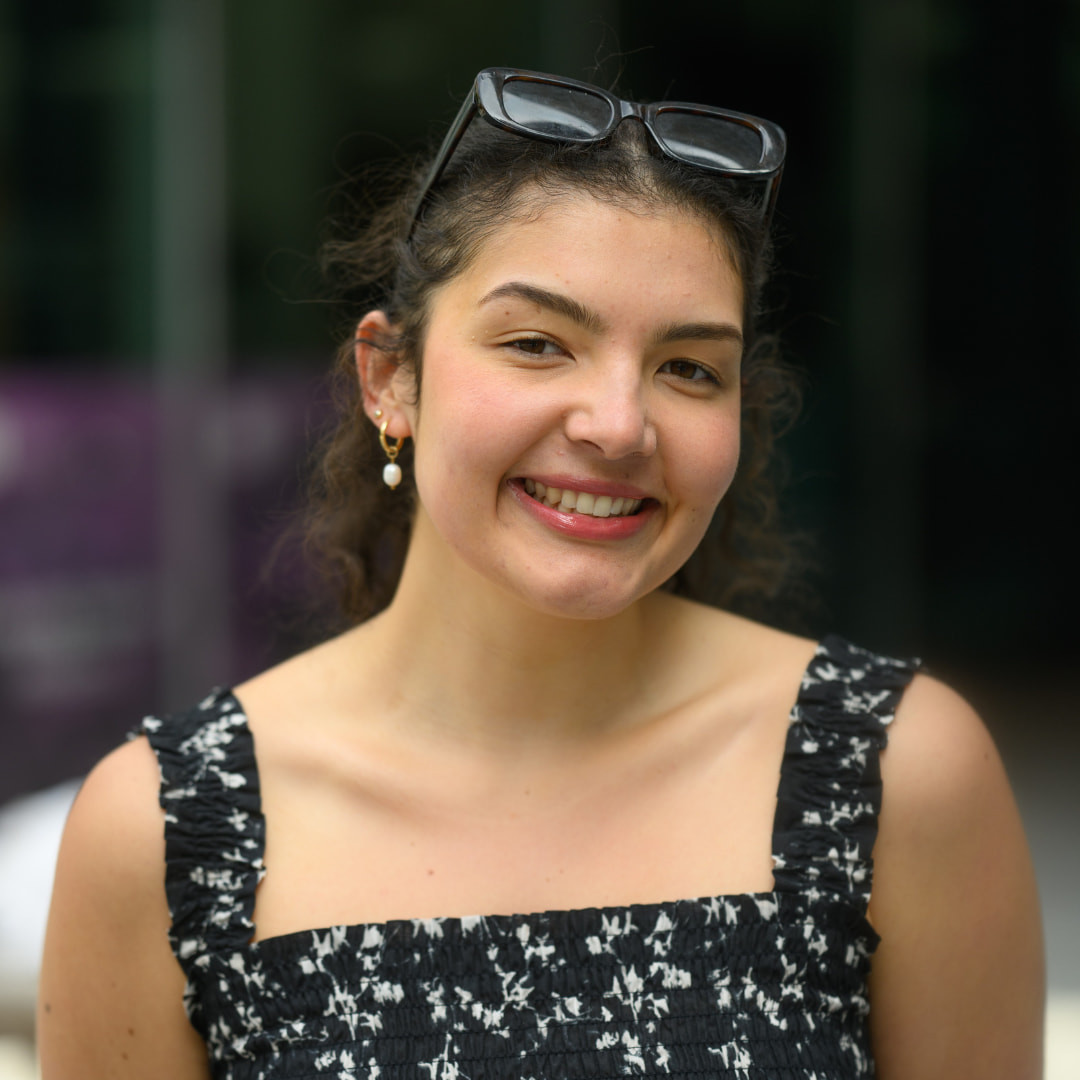5 min read
We sat down with Katie, who took LL204: The Foundations of AI Law and Regulation in 2023, to hear about her experience of the course - from the teaching to her advice to future students.
Why did you decide to attend LSE Summer School?
LSE Summer School was advertised as a study abroad programme at my home university in Australia. I was excited at the opportunity to study for three weeks in London and explore a new city I had never been to before. London has always been high on my travel bucket list, so Summer School was the perfect opportunity to work towards my academic goals, while exploring London and making friends from around the world along the way.
Why did you choose LL204?
I chose LL204 because of my passion for law and media. I currently study a Bachelor of Laws and Bachelor of Media and Communications in Australia, and I am interested in finding a career that blends these two degrees. Data protection law and regulating artificial intelligence are both rapidly developing areas of research. Having the chance to learn from professors with years of research and experience in the field was simply an opportunity I could not miss out on.
Tell us about an average day as a student on LL204.
I am an early riser, so my typical day started off around 7am. I usually spent 7-8am getting ready, listening to a podcast, or calling home. I’d leave my room around 8:15am and grab free breakfast and coffee from my dorm at High Holborn. High Holborn is around a 10–15-minute walk from campus making it a really convenient location!
The LL204 course had a daily lecture from 9:30-12:30am, followed by a 1.5 hour afternoon tutorial, starting at either 1:30pm, 3pm or 4:30pm. During my lunch break, I would typically go to a local café and do some class readings, prepare answers to the class discussion questions, or meet up with friends for lunch.
After the afternoon class, I would usually head back to my dorm and have a rest or catch up with friends from other classes for dinner or an activity. One of the best parts of Summer School is that there is so much to explore in London. Whether that was doing some afternoon shopping, going to a park, or taking a walk along the Thames. I usually head to bed around 10-11pm before doing it all again the next day!
What was your favourite part of LL204?
My favourite part of the course was hearing the varied perspectives of my classmates during lectures and tutorials. The course attracts people from all around the world and we had several different legal systems represented in the classroom. I loved hearing how other countries have responded to data protection breaches and adjusted to the development of artificial intelligence and machine learning technologies. I also loved learning about the use of robots to replace judges in courts recently!
What advice would you give to students considering LL204?
My biggest piece of advice would be to do some research into what cyberlaw and data protection law actually is before applying. The course is quite content heavy and moves at a fast pace. If you have a genuine interest in this subject, the course will be greatly beneficial!
What are your short-term professional goals, and how does LL204 contribute to these goals?
In the short-term, I want to work towards balance in my personal, professional, and social life, and importantly build a network of connections in the media law space. The course equipped me with a fantastic foundation in the core concepts of data protection law in the EU and UK, which has been the roadmap a lot of other countries have followed. Therefore, attending the course will assist in my future legal studies of topics such as intellectual property and media law.
In the long-term, I want to work in media law, whether that is in an in-house legal role for a media company or in private legal practice in a commercial law firm. The connections I’ve established at Summer School will likely help with securing internships, clerkships and jobs in this space.
What would be your top tip for future Summer School students?
Make the most of every opportunity! I was only in London for one session of Summer School and I honestly wish I had stayed longer. While the Summer School schedule can be quite overwhelming, with around 4.5 hours of class time every day, take regular breaks and plan activities with your friends in the evenings. Knowing that I had fun plans each night and would get to catch up with my friends made studying a lot easier - whether that was plans to go out to dinner, see a West End show, or simple playing card games in the dorm.
How would you explain LL204 to someone who has never heard of it?
LL204 is an introductory course into the foundations of data protection law in the EU and UK. It covers topics such as history of cyberlaw, profiling, automated decision-making, data flows, artificial intelligence, and justice in the face of new court room technologies. Coming from Australia, I was worried I would find the course too advanced as I had no prior knowledge of EU or UK data law. However, the professors accommodate for the wide range of backgrounds and experience in the classroom and provide a comprehensive outline of the core elements of data protection, particularly contained in GDPR.
How did you find the course and teaching experience at LSE?
I found the three hour lectures a bit hard to adjust to in the beginning as my home university usually only has 1-2 hour lectures. However, after the third day I adapted to it. I found the teaching style immersive and interactive as the professors have a more conversational approach. They ask questions throughout the class and getting to hear insights from my peers really deepened my understanding of the topics. The seminars were held in smaller groups of 10-15 students, allowing you to consolidate the content from the morning lecture and discuss any information that was not clear. The seminars were a more relaxed environment and allowed you to collaborate with other students.
What was your favourite part of studying at LSE?
My favourite part of studying at LSE was hearing the perspectives from the other students in the classroom. It’s rare that you can come to class where over 20 countries and backgrounds are represented in one room. We had some students who were early on in their legal studies, while others had several years practising in the industry. I also love how conveniently located the campus is. You are right in the centre of the city and never short of places to explore.

